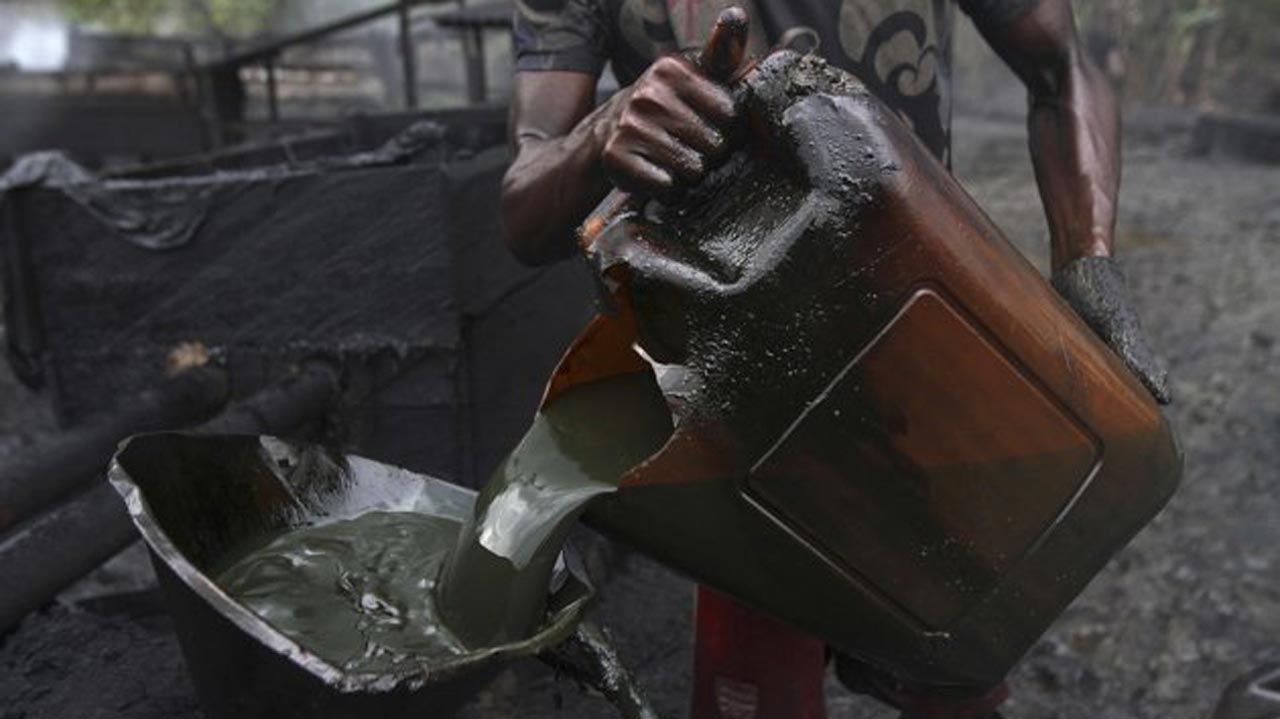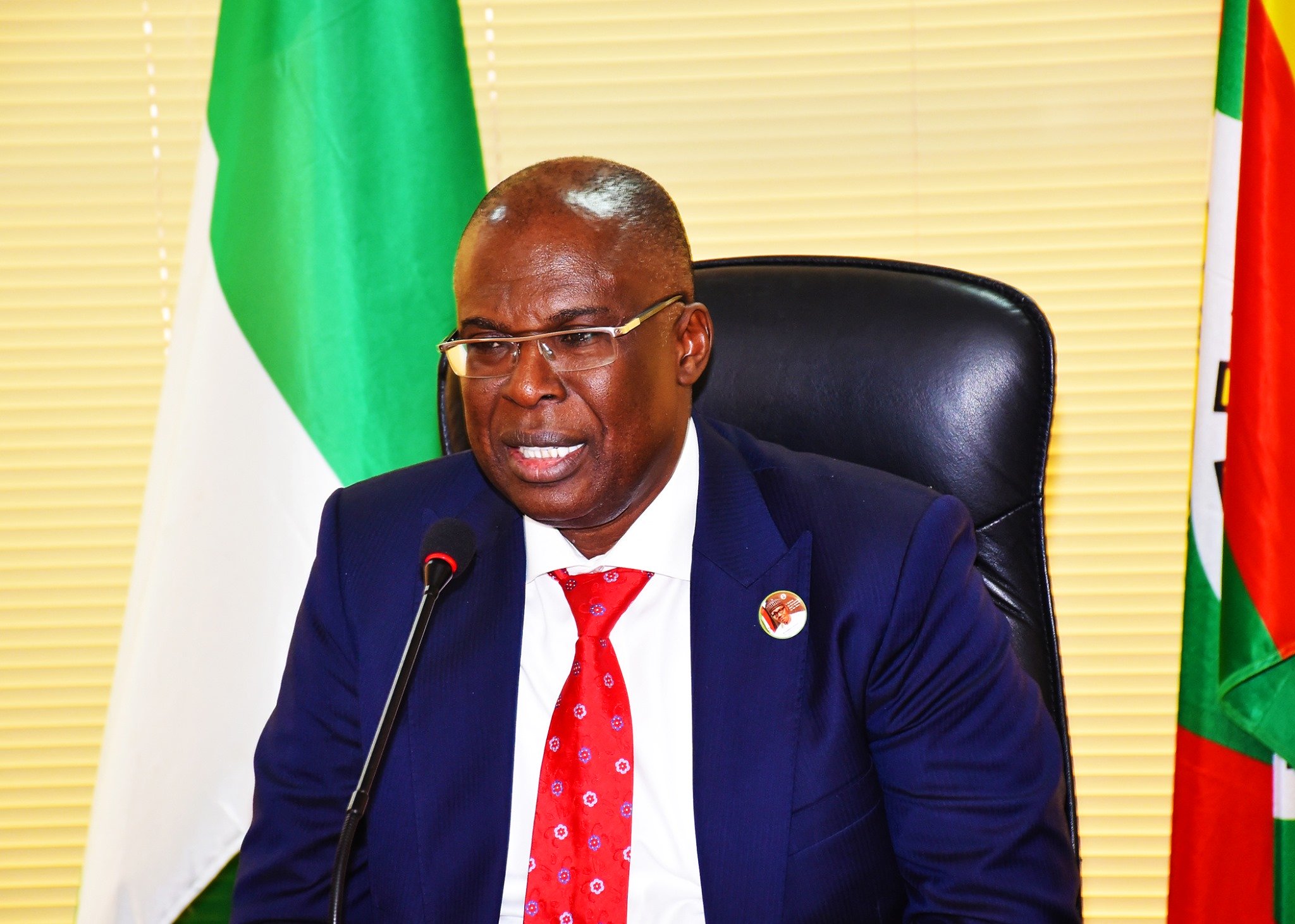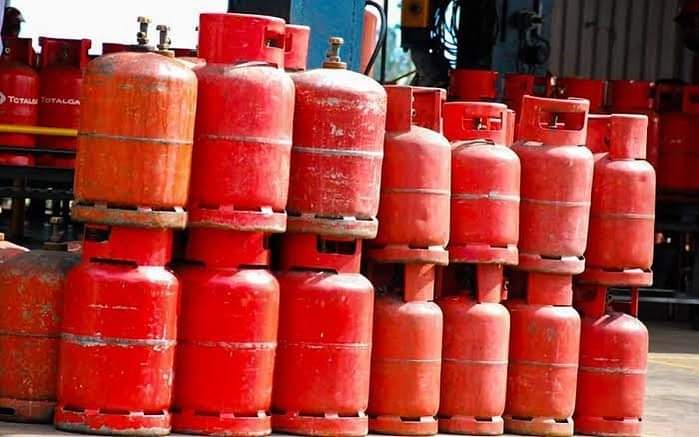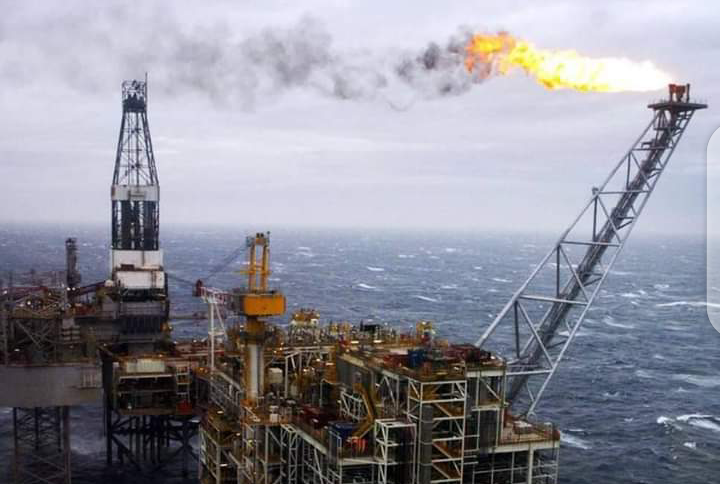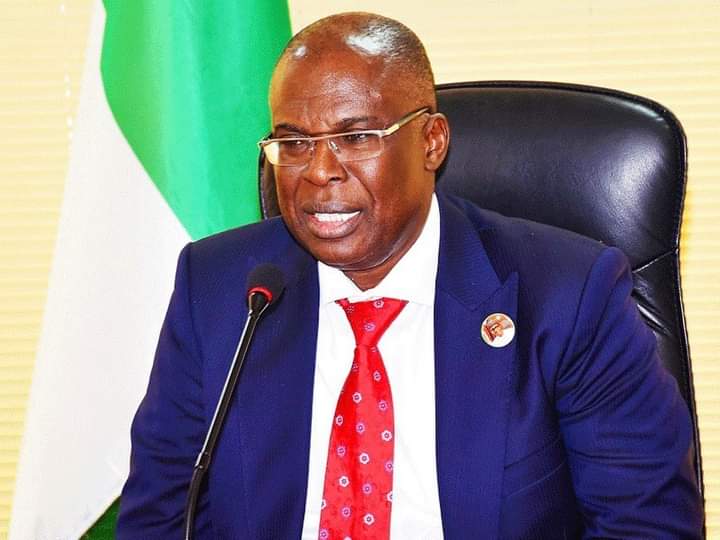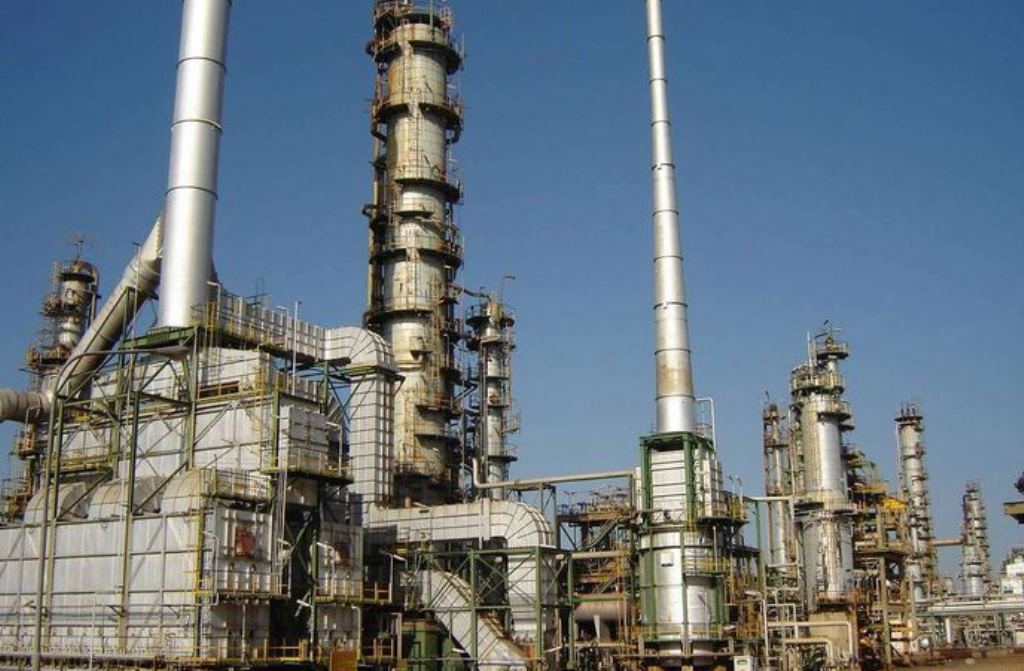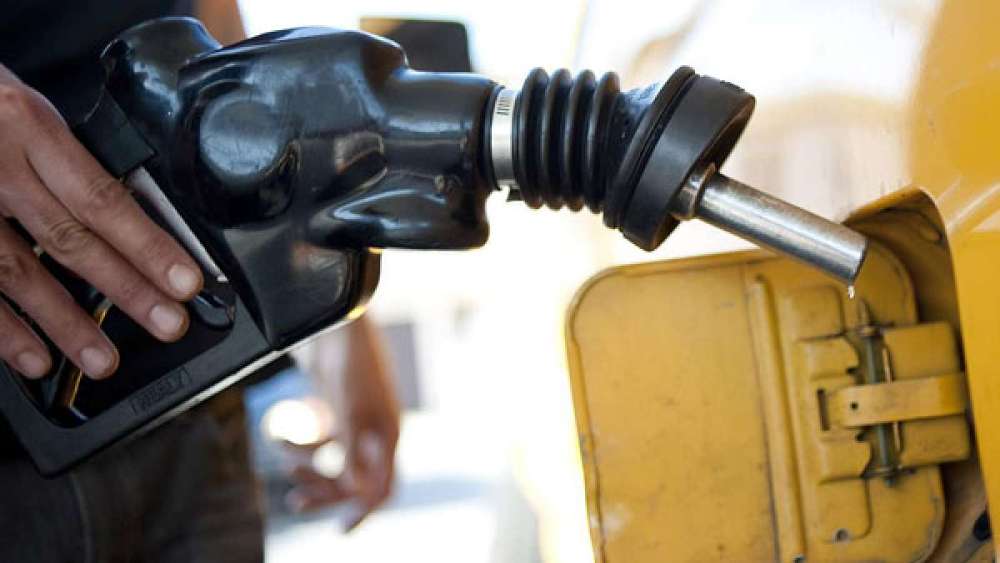Nigeria’s huge oil loss estimated at 600, 000 barrels of crude per day has been a major source of concern to the government and stakeholders, prompting an investigation which has now indicted the Department of Petroleum Resources (DPR).
Historically, Nigeria has been the largest exporter of oil in Africa, despite a lack of infrastructure that has hindered the country from being able to export at 100 per cent capacity.
But in recent times, oil production in the country fell from 1.4 million barrels per day (bpd) at the start of 2022 to 900, 000 bpd as of September, plunging the country to fourth place among largest oil producers in Africa, behind Angola, Algeria and Libya.
The Chief Executive Officer of the Nigerian National Petroleum Company Limited (NNPCL) Mele Kyari, claimed 600,000 barrels of crude oil produced per day were unaccounted for, owing largely to oil theft.
However, a forensic audit conducted by the Nigerian Upstream Petroleum Regulatory Commission (NUPRC), discovered that between January 2020 to November 2022, 40 per cent of the volumes of crude oil losses in Nigeria are due to measurement inaccuracies and not theft.
Chief Executive Officer of the NUPRC Gbenga Komolafe, also said that Nigeria was currently flaring about 10 per cent of gas produced, in a country where the cost of 12.5kg of cooking gas is about 40 per cent of the N30, 000 minimum wage.
Komolafe further disclosed that agents of the commission will henceforth, assume responsibility for the deployment and maintenance of metering facilities across Nigeria’s oil and gas establishments, for transparency in hydrocarbon accounting.
“The reform measure adopted by the commission offers a paradigm shift from the trajectory in Nigeria’s hydrocarbon measurement since oil was discovered in Nigeria in Oloibiri in 1956 and is aimed at ensuring that no one becomes a judge in his own case,” he said.
The DPR is responsible for maintaining records on petroleum industry operations, particularly on matters relating to petroleum reserves, production, exports, licences and leases.
It also monitors the Petroleum Industry operations to ensure that are in line with national goals and aspirations including those relating to Flare down and Domestic Gas Supply Obligations.
Nigeria Extractive Industries Transparency Initiative (NEITI), had also previously accused the agency of failing to install meters at wellheads and the lack of capacity to monitor deep offshore, thereby making it difficult to ascertain the exact amount of crude oil produced in the country.
However, DPR’s Head of Public Affairs, Paul Osu, insisted that every litre of crude produced in the country was adequately captured during the process of extraction.
Osu explained that the DPR had launched the National Production Monitoring System (NPMS), as part of efforts to boost crude accounting process from production to export.
“NPMS is an online platform for the direct and independent acquisition of production data from oil and gas facilities in Nigeria and enables DPR to exercise surveillance, perform production monitoring and data analysis for utilisation and forecasting,” he said.
